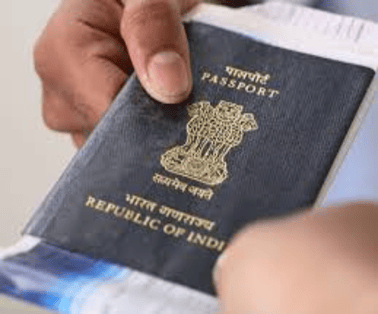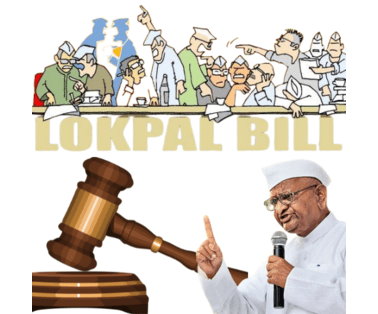In its 63rd council meeting, International Sugar Organisation (ISO), has announced India to be the Chair of the organisation for 2024.
Key Points
- This is a huge achievement for the country to lead the global sugar sector and reflection of growing stature of the country in this domain.
- During its period of chairmanship of ISO in 2024, India seeks support and cooperation from all member countries and would like to focus on bringing together all member countries to adopt more sustainable practices in sugarcane cultivation, sugar and ethanol production and better utilisation of by-products.
Sugar Industry in India: A Key Player on the Global Stage
- India has been the largest consumer and second largest producer of sugar in the world.
- With about 15% share in global sugar consumption and about 20% production of sugar, Indian sugar trends affects the global markets profusely.
- With Brazil in the Western Hemisphere, India is the market leader in Eastern Hemisphere for sugar market.
- Now, being the 3rd largest country in the world in ethanol production after USA and Brazil, India has shown commitment towards green energy to meet COP 26 targets for India.
Achievements in Sugar and Ethanol Production
- It is remarkable that ethanol blending percentage in India has increased from 5% in 2019-20 to 12% in 2022-23 while the production has increased from 173 crore litres to more than 500 crore litres during the same period.
- India has set the example by not only taking care of farmers and industry but also by putting consumers first.
- Domestic sugar retail prices are consistent and stable. While the global prices are hiked by about 40% in one year, India has been able to contain sugar prices within 5% increase from last year without putting additional burden on the industry.
- On technical side also, National Sugar Institute, Kanpur has spread its wings and is collaborating with many countries including Indonesia, Nigeria, Egypt, Fiji etc. for sharing the latest technologies in the sector and best practices.
The Role of the International Sugar Organisation (ISO)
- The International Sugar Organization is an intergovernmental body devoted to improving conditions on the world’s sugar market
- Through Debate, Analysis, Special Studies, Transparent Statistics, Seminars, Conferences and Workshops.
- The ISO is based in London
- The 88 member states of the ISO represent 87% of world sugar production, 64% of world sugar consumption, 34% of world imports and 92% of world exports
Objectives of the International Sugar Organisation (ISO)
- The ISO exists to administer the internationally negotiated 1992 International Sugar Agreement (ISA), the objectives of which are:
- to ensure enhanced international cooperation in connection with world sugar matters and related issues.
- to provide a forum for intergovernmental consultations on sugar and on ways to improve the world sugar economy.
- to facilitate trade by collecting and providing information on the world sugar market and other sweeteners.
- to encourage increased demand for sugar, particularly for non-traditional uses.
The Global Sugar Economy
- The world sugar economy returned a deficit in 2021, after three years of surplus. World output fell short of global use by 3.312 mln tonnes.
- World production during 2021 fell by 4.164 mln tonnes to 165.167 mln tonnes, a third year of decline.
- World consumption rose in 2021, following three years of decline, to 168.479 mln tonnes, up 0.155 mln tonnes.
- Currently, about 110 countries produce sugar from either cane or beet, and eight countries produce sugar from both cane and beet.
- Sugarcane, on average, accounts for nearly 80% of global sugar production.
- Last October/September season the top ten producing countries (Brazil, India, EU-27, China, USA, Thailand, Russian Fed., Mexico, Pakistan, Australia) accounted for nearly 70% of global output.
- Sugar crops offer production alternatives to food, such as livestock feed, fibre and energy, particularly biofuels (sugar-based ethanol) and co-generation of electricity(cane bagasse).
India’s Government Initiatives to Support Sugar and Ethanol Sectors
Fair and Remunerative Price (FRP):
- The government has set the FRP for the 2023-2024 sugar season at Rs. 315 per quintal.
- FRP is the minimum price that sugar mills must pay sugarcane farmers. It is announced annually by the Centre.
- The government fixes the FRP based on recommendations from the Commission for Agricultural Costs and Prices (CACP).
- Under the FRP system, the price paid to farmers for sugarcane is not linked to the profits generated by sugar mills.
Ethanol Blended Petrol Programme
- Ethanol is an agricultural by-product primarily sourced from the processing of sugarcane for sugar, and can also be derived from alternative sources like rice husk or maize.
- When ethanol is mixed with petrol to reduce the consumption of fossil fuels in vehicle operation, it is termed Ethanol Blending.
- India aims to achieve a 20% ethanol-blended petrol target by the year 2025.
To Download Monthly Current Affairs PDF Click here
Click here to get a free demo
Everything About CLAT 2026



